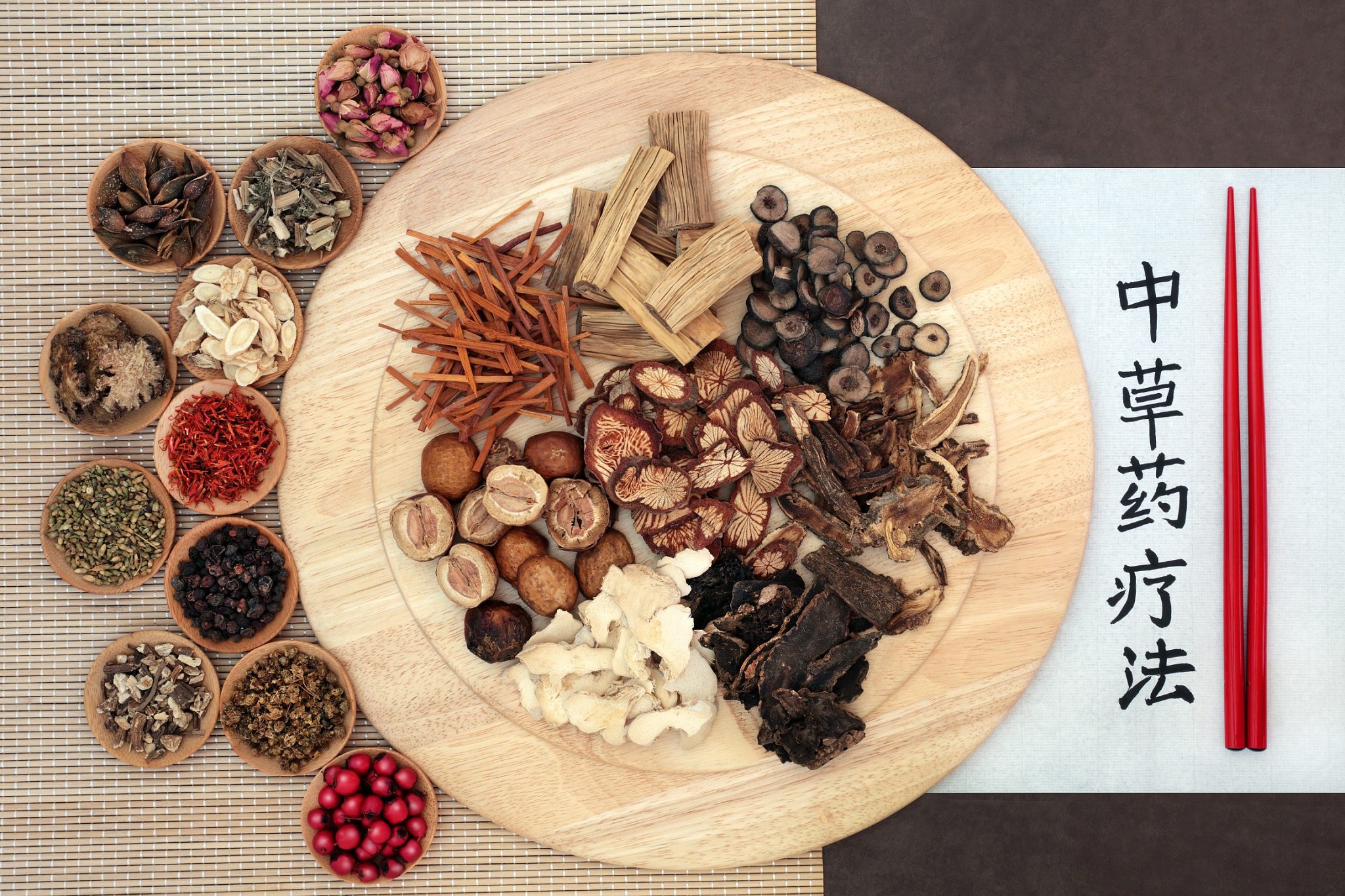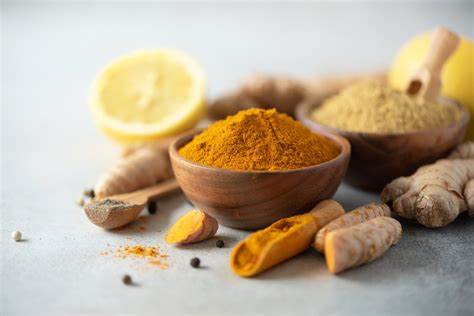Unveiling the secrets of centuries-old healing practices
Traditional Chinese Medicine (TCM) has stood the test of time as a holistic and comprehensive approach to health and well-being. With its roots deeply embedded in ancient Chinese philosophy and culture, TCM encompasses a wide range of practices, including acupuncture, herbal medicine, dietary therapy, and mind-body exercises such as tai chi and qigong. In this blog post, we will embark on a journey into the fascinating world of Traditional Chinese Medicine, with a specific focus on the remarkable effectiveness of herbal remedies in promoting health and vitality.
Understanding Traditional Chinese Medicine (TCM)
Origins and principles of TCM
The history of Traditional Chinese Medicine dates back thousands of years, originating from ancient Chinese civilization. It has been shaped by the profound understanding of the interconnectedness of nature and human beings. TCM principles are rooted in the concepts of Yin and Yang, the opposing forces that exist in harmony within the body, and Qi, the vital energy that flows through meridians, or energy channels. By balancing these forces and ensuring the smooth flow of Qi, TCM aims to restore health and maintain overall well-being.
Holistic approach to health in TCM
One of the most distinctive features of TCM is its holistic perspective on health. Rather than simply treating isolated symptoms, TCM views the body as a whole, considering the interconnectedness of various systems and organs. By addressing the underlying imbalances and root causes of illness, TCM seeks to restore harmony and promote long-term wellness. Additionally, TCM emphasizes the importance of prevention, recognizing the value of maintaining balance and harmony to prevent diseases from arising in the first place. It also recognizes the profound influence of mental and emotional well-being on overall health, highlighting the integration of the mind, body, and spirit.
Herbal Remedies in Traditional Chinese Medicine
Significance of herbs in TCM
Herbs hold a central role in Traditional Chinese Medicine, providing a rich and diverse array of natural remedies for various health conditions. TCM practitioners have long recognized the healing potential of plants and botanicals, harnessing their unique properties to restore balance and support the body’s innate healing abilities. From leaves and flowers to roots and barks, different parts of plants are carefully selected and combined to create powerful herbal formulas that address specific health concerns.
Commonly used herbs in TCM
Within the vast pharmacopeia of TCM, several herbs have gained notable recognition for their profound therapeutic effects. Ginseng, often referred to as the “King of Herbs,” is revered for its rejuvenating properties and its ability to enhance vitality and strengthen the body’s defenses. Astragalus, another widely used herb, is known for its immune-boosting capabilities, offering protection against infections and promoting overall wellness. Ginkgo Biloba, derived from the leaves of the ancient Ginkgo tree, has been extensively studied for its cognitive-enhancing benefits, improving memory and cognitive function. Additionally, licorice root, a harmonizing herb, is commonly used in TCM formulas to balance the properties of other herbs and enhance their efficacy.
Herbal formulas and prescriptions
One of the strengths of TCM lies in its emphasis on personalized treatments. TCM practitioners carefully diagnose patients based on their unique constitution, pattern of disharmony, and specific health concerns. Using this information, they prescribe herbal formulas tailored to the individual’s needs, combining multiple herbs to achieve synergistic effects. The combination of herbs in these formulas aims to target multiple aspects of the condition and promote holistic healing. By considering the individual as a whole, TCM practitioners can address both the symptoms and the underlying imbalances that contribute to illness.
Efficacy of Traditional Chinese Medicine and Herbal Remedies
Scientific studies and research
Numerous clinical trials and meta-analyses have provided evidence-based support for the efficacy of TCM in treating various health conditions. These studies have shown promising results, demonstrating the potential of TCM to complement conventional treatments and enhance overall patient outcomes.
Conditions treated by TCM and herbal remedies
Traditional Chinese Medicine offers a comprehensive approach to a wide range of health concerns. From chronic pain and digestive disorders to respiratory conditions and mental health issues, TCM has shown positive outcomes in addressing diverse ailments. Case studies and success stories provide further testament to the effectiveness of TCM and its herbal remedies in promoting healing and improving quality of life.
Integrative medicine: TCM alongside conventional treatments
In recent years, there has been a growing recognition of the benefits of integrating Traditional Chinese Medicine with conventional medical treatments. Integrative medicine approaches combine the strengths of both systems, offering patients a comprehensive and well-rounded approach to healthcare. By collaborating with healthcare professionals from various disciplines, TCM practitioners can work alongside conventional doctors to provide patients with personalized and holistic care that addresses their unique needs.
Safety and Regulation of Traditional Chinese Medicine
Quality control and standardization
Ensuring the safety and efficacy of herbal products is of utmost importance in Traditional Chinese Medicine. Quality control measures, such as good manufacturing practices (GMP), are in place to guarantee the purity, potency, and safety of herbal remedies. These practices help maintain consistent standards in the production and processing of herbal medicines, providing consumers with high-quality products that meet rigorous quality standards.
Potential risks and side effects
As with any form of medical intervention, it is essential to understand the potential risks and side effects associated with Traditional Chinese Medicine and herbal remedies. Some herbs may interact with certain medications or have contraindications for specific health conditions. Consulting a qualified TCM practitioner who can conduct a thorough assessment and provide personalized recommendations is crucial to ensure safe and effective treatment.
Global regulations and certifications
Different countries have varying regulations and certifications related to Traditional Chinese Medicine. It is important to be aware of the regulatory framework in your respective country to ensure that TCM practitioners and herbal products meet recognized standards.
Conclusion:
By considering the interconnectedness of the mind, body, and spirit, TCM provides a holistic approach to health that complements modern medical practices. With ongoing scientific research, integration with conventional treatments, and a commitment to quality and safety, TCM continues to offer a powerful and time-honored path to health and well-being. For those curious about exploring the benefits of TCM, seeking the guidance of qualified TCM practitioners can unlock the potential of integrating ancient wisdom with modern healthcare, paving the way for a harmonious and balanced life.




